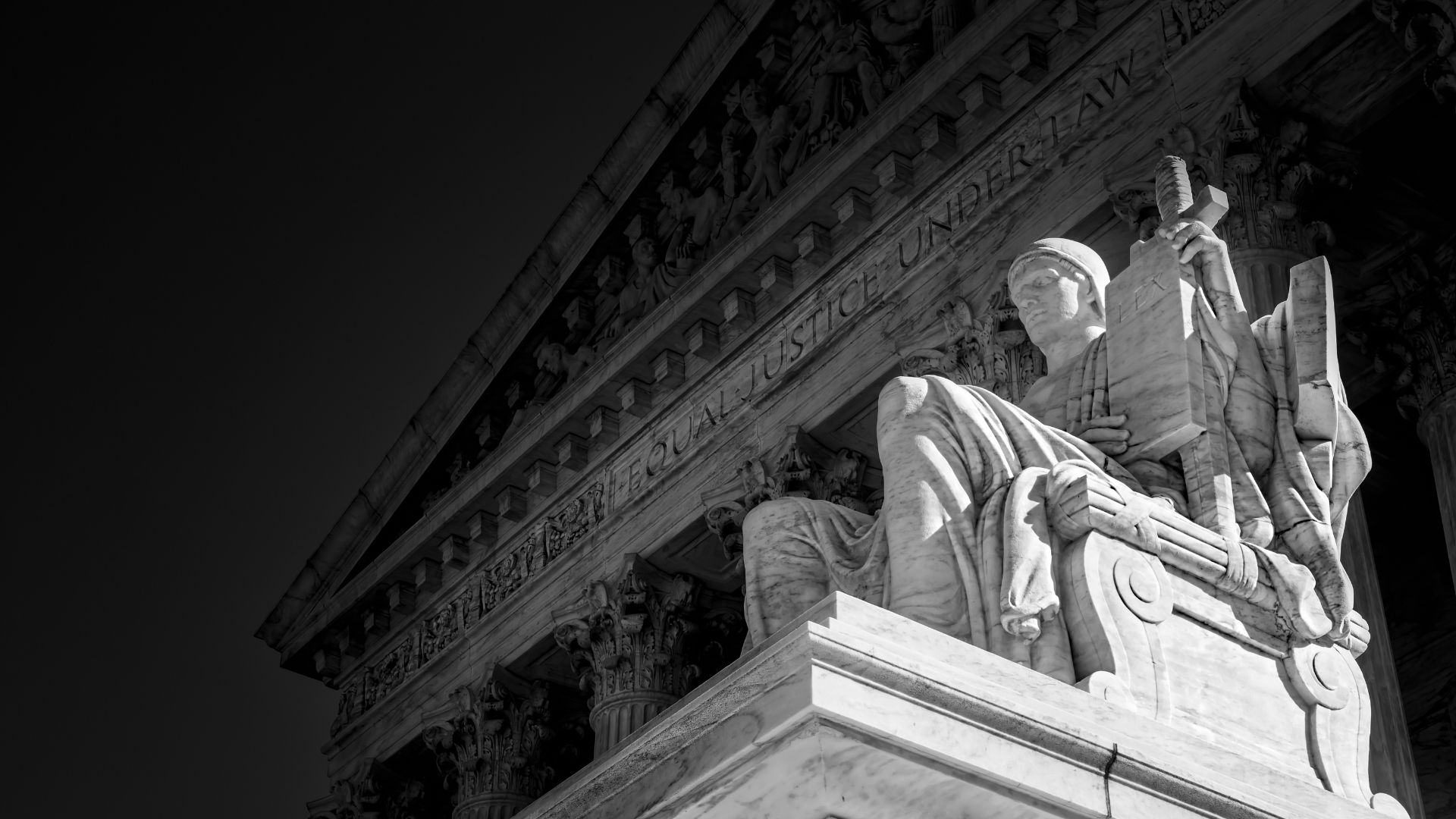President Biden made headlines when he announced at the end of January 2022 that he would nominate a Black woman to the U.S. Supreme Court. Retiring Justice Stephen Breyer created the vacancy. After the announcement, there was understandable praise among persons favoring diversification on the court. Black women, who are among the most educated demographic in the country, are also understandably elated.
It should come as no surprise that the announcement of Biden’s decision to right-size the court also generated criticism among right-wing Republicans. Sen. Ted Cruz made the jaw-dropping statement that Biden’s decision to nominate a Black woman was insulting and offensive to Black women. His claims are as loud as they are wrong. But they also reveal an entitlement that is closely connected to the belief that white is supreme. Resistance is also embedded in the notion that only a white person could be qualified to serve on the Supreme Court.
REGISTER: Race in America: A Conversation with Michael W. Waters on February 27th at 7pm EST
For context, just two Black men and five women have served on the Supreme Court. Of 115 individuals appointed to the Supreme Court, 108 have been white men. Unsurprisingly, Cruz never claimed the appointment of white and conservative males was insulting or inappropriate. He never opposed President Donald Trump’s assertion that he would nominate a woman to replace Justice Ruth Bader Ginsburg. The shock and awe centers around gender and race.
Additionally, white people have always seen themselves in positions of power, so much so that there is an expectation that they belong in powerful positions.
But Black women represent a bench of untapped talent. Election cycle after election cycle, Black women have propelled Democrats to office at all levels of the government. We are a reliable voting bloc, yet there has never been a Black woman governor. There has never been a Black woman nominated or appointed to the U.S. Supreme Court. There has never been a Black woman to serve as White House chief of staff. In fact, in all of history, there have only been 23 Black women appointed to cabinet-level positions. The lack of appointments of Black women is about one thing: the intersection of gender and race. It is not about competency or qualifications.
READ: An Excerpt From Fortune: How Race Broke My Family and the World – And How to Repair It All
This appointment would prove that the administration sees Black women not just as workhouses but as serious minds capable of grappling with the tough issues that will come before court. Not only should Biden move forward with his plan to nominate a Black woman to the Supreme Court; he should stand by his nominee and refuse to rest until she is confirmed.
To be clear, this appointment does not obliterate the president of his broader responsibility to the Black community. He still needs to raise the minimum wage and address housing insecurity, the climate crisis, student loan debt and voting rights. But the courts have been stacked with conservative white men for far too long. The pillars of power are calling out for progress, and this is one tangible thing the administration can do to advance justice and democracy.

